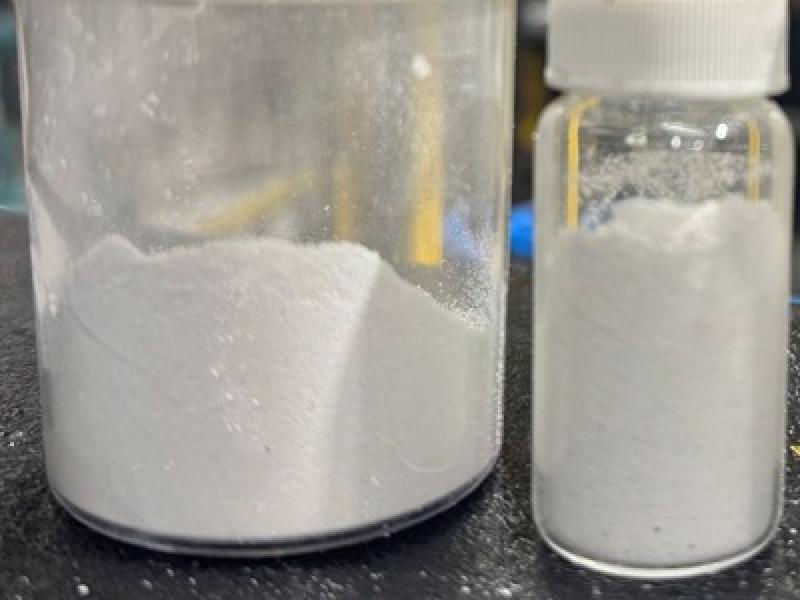
SolarBank Corp. (SUNN-NE) will move quickly to take advantage of U.S. investment tax credits for renewable energy projects before they are phased out, the company's CEO says.
"SolarBank is prepared," Richard Lu, the CEO of the Toronto-based solar developer, power producer and asset manager, said in a release Friday morning. "We have enough advanced-stage projects we can get into construction before the deadline to take advantage of the tax credits.”
Under U.S. President Donald Trump's budget bill, tax credits for wind and solar energy will generally be unavailable for projects placed in service after Dec. 31, 2027, according to law firm Pillsbury. But if construction starts by July 4, 2026 and commercial operations are reached within four years, the projects will be eligible for the full tax credit.
This reverses policies set under former president Joe Biden that aimed to support the clean energy transition. SolarBank is affected as it is developing such projects in the U.S.
As of January, Lu told Sustainable Biz Canada the company owned 32 megawatts (MW) of assets in Canada and the U.S. that generate recurring revenue, and had 124 MW of projects coming online in both countries. Its in-development projects in the U.S. include the 7.2 MW Hoadley Hill Road ground-mount solar project in upstate New York and the 3.7 MW Congress, also in upstate New York.
Moving fast will be key to SolarBank. A priority for will be executing on 97 MW of projects planned for the U.S. that are supported by US$100 million in financing from Los Angeles-based CIM Group, a real estate and infrastructure owner, operator and investor.
How SolarBank is reacting
With the CIM financing, SolarBank is prioritizing development in U.S. states where steps such as permitting are advanced enough to qualify for the full range of investment tax credits.
SolarBank also has the cushion of a presence in Canada, where government policies have not swung dramatically against renewable energy. For example, the company highlighted its three contracts for battery energy storage systems in Ontario and its plan to develop a 2.4 MW solar project in Nova Scotia.
"SolarBank benefits from Canada's support to clean energy and is leading the charge to build Canada as an energy superpower," Lu said, referring to Prime Minister Mark Carney’s push to hasten the delivery of infrastructure projects.
Though the politics behind solar energy have darkened, Lu pointed to the rapid growth of solar energy in the U.S. and how the costs of the equipment to generate electricity from the sun are plummeting.
But analyses suggest the loss of the tax credits and a friendlier regulatory environment will cast a shadow over the U.S. solar industry. A study from Princeton University expects approximately 29 gigawatts of new solar capacity to be curbed by 2030, and around 140 gigawatts through 2035.
Solar industry advocates have said the rollback of tax credits would imperil billions of dollars of investments into factories and projects. Shares in U.S. solar companies fell after the budget bill was signed into law and Trump ordered stricter regulations on the eligibility of solar projects for the tax credits, though SolarBank's stock has been largely unchanged since the tax-and-spending bill was signed.
This is despite the fact spending largely benefitted Republican-controlled states, a point Lu raised in the interview with Sustainable Biz Canada earlier this year.










